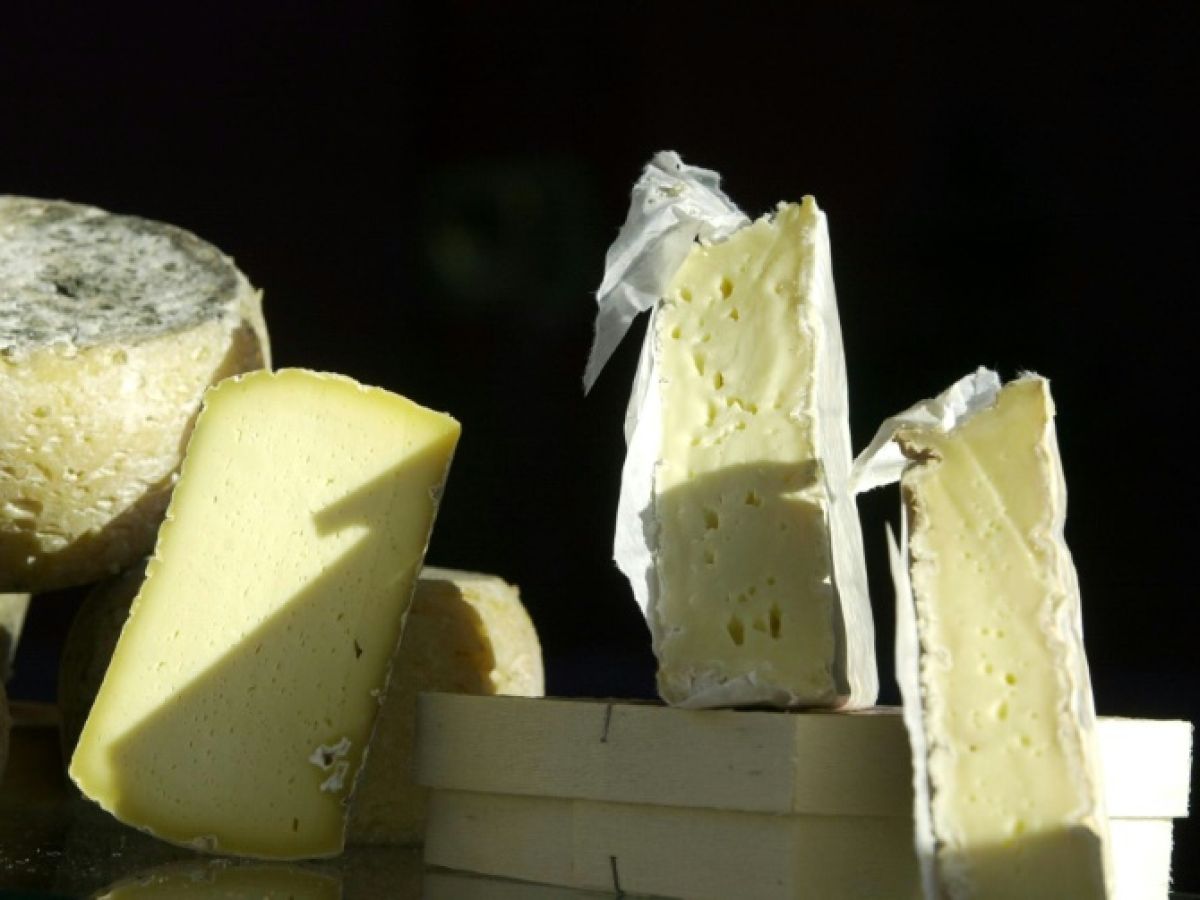
Future Food-Tech in London brought together the best innovators in the food and drink sector to collaborate and celebrate.
The FoodNavigator editorial team has gathered the most interesting information, ideas and opinions from participants.
The 3 main points to remember from the show.
Nicholas Robinson is the editor of Share and innovate.
This year, I was struck by the importance of data sharing in the success of new product development in the food and beverage sector and in technological advancements in this sector.
Data sharing is a sensitive topic for businesses. The value of data has increased throughout the value chain. It is of little use to businesses if they do not make the most of it. And even worse if only part of it is told.
NotCo was founded by the CEO of NotCo Matias Muchnick, who summed up succinctly and optimallyThe case for data sharing. He told me over drinks at the show: “The NPD has failed. I really believe in it.”
Why is there a lack of innovation? Most FMCG companies cannot move away from the innovation they launched last time.
Innovation is often a new version of an existing product or service, or the revival of an old idea. Take the alcoholic beverage industry, for example, which relies heavily on flavor variations. Confectionery and snacks, as well as many other industries, often introduce new flavors, shapes, textures, colors, and more.
It is true that this bold statement is not entirely accurate. It is not entirely true, but it is not entirely false either.
It is a hitherto unknown – Real estateIt’s a space that’s full of innovation. That was evident at Future Food-Tech. It’s a very small sector. Consumers aren’t buying it because they don’t see it in mass.
When was the last time a food idea made a billion dollars? “Decades ago,” Muchnick muttered in response to her question. He was probably tired of repeating the same thing about collaboration and data sharing.
He argued that this was the best way forward. Food and beverage companies, especially the giants of the industry, should not be so reluctant to share their data. Why? We can’t make big steps without overcoming our fears and hesitations.
Click here to learn more
- Who is to blame for the slow development of alternative meat, corporations or the government?
- Mycoprotein is about to get louder and stop being quiet.
- Is Food and Beverage Innovation Broken? Check Out These Lessons for Getting It Right
Donna Eastlake is the Times' deputy editor.
This year I really enjoyed Future Food-Tech. It was exciting to see so many new start-ups entering the food industry with innovative ideas, especially after the last 12 months have seen the sector face so many economic and environmental challenges. The health and wellness trend is one that really stood out to me.
The industry has embraced this new trend. From talks on the latest studies showing the impact of food and beverages on the gut-brain connection, to an exclusive breakfast hosted by Nestlé to promote healthy solutions for women, everyone in the sector was on board.
Richard Day, Vice President of Medical Affairs and Clinical Development, ADM, spoke about the impact of gut health on diet.
The industry has also realized the need to have healthy foods and beverages available in convenient formats.
Stacey Lockyer is a senior nutritionist at the British Nutrition Foundation. She said the food industry can play a role in making healthy choices easier and more mainstream.
Lauren Woodley is Group Nutrition Manager at Nomad Foods.
As this trend continues, I look forward to seeing what the next year will bring for the food and beverage industry in the health and wellness space.
Click here to learn more
Senior reporter Augustus Bambridge Sutton brings innovation to the familiar.
We saw that, as in previous Future Food-Tech conferences, companies started to think about innovation in order to create new products and develop familiar products.
For example, the cultured meat industry is keen to stress that it You can read more here. Meat in its traditional form is just that, meat, but it is produced more sustainably.
Fermentation startups are highlighting the long history of humans using raw materials in food for thousands of years. Alternatives to raw materials have been around since World War II, when cocoa rationing in the UK forced people to get more inventive with chocolate.
Innovation doesn’t necessarily mean creating something completely new. It can also mean finding different and often better ways to give people the same thing they already enjoy.

